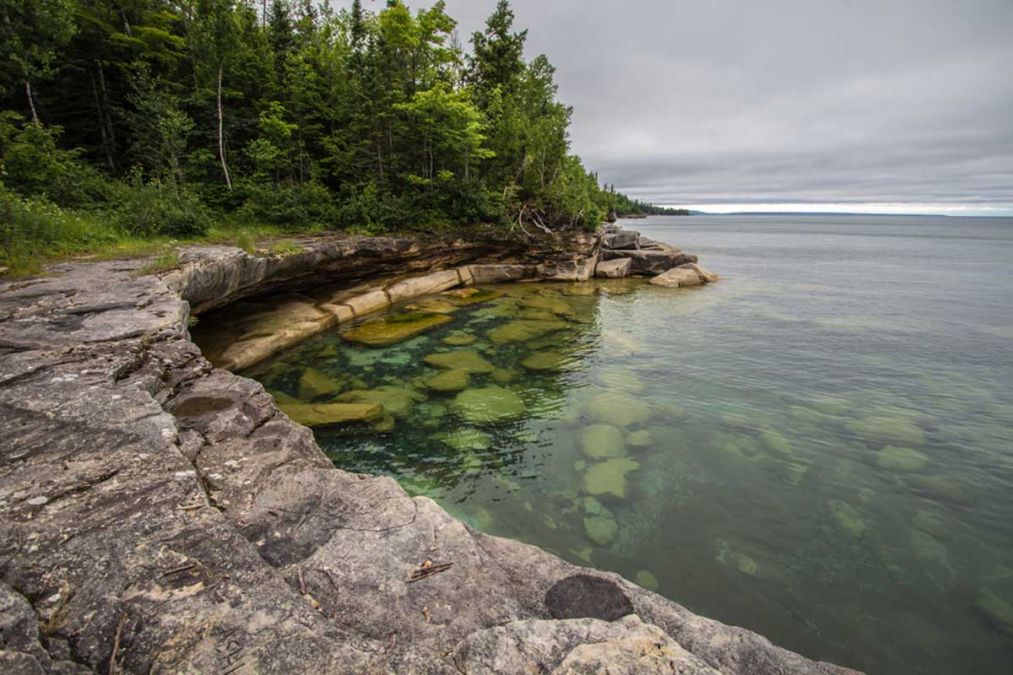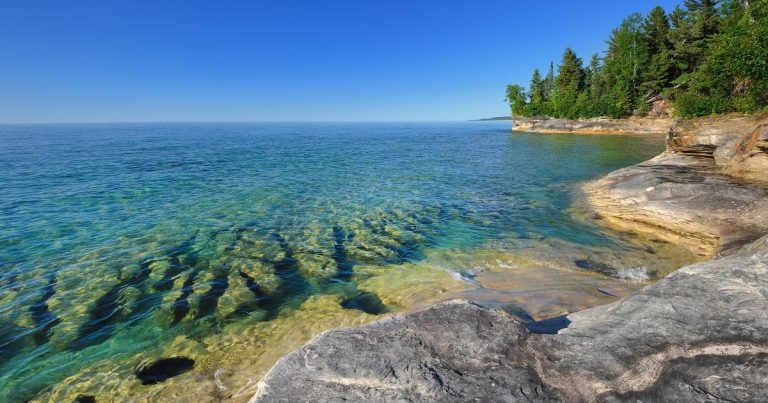Water, the universal solvent, known for its versatility and adaptability, is not just a life-sustaining resource but the very cradle of life itself. The importance of water in the formation of life on Earth cannot be overstated. From facilitating critical chemical reactions within organisms to acting as an efficient transfer medium for substances within cells, water’s unique molecular qualities make it an absolute necessity for all known forms of life.1, 2
The Great Lakes — a freshwater treasure trove holding 20% of the world’s surface freshwater — are a testament to the significance of water. These lakes support a rich diversity of life and serve as the backbone of the economy for cities like Buffalo and surrounding areas, underpinning sectors such as fishing, tourism, and agriculture3. However, with the mounting pressures of climate change and human activities, these vital ecosystems are at risk.
Rising temperatures have led to an increase in harmful algal blooms, threatening the quality of drinking water and the health of aquatic ecosystems4. Non-native species are exploiting these changing conditions, disrupting local biodiversity5. Simultaneously, extreme weather events, compounded by climate change, increase the risk of flooding and erosion along the coastlines6.
Inaction in the face of these threats could lead to dire consequences. The degradation of these water bodies would not only result in a loss of biodiversity but also pose severe economic challenges, affecting industries dependent on these waters. Moreover, communities that rely on the Great Lakes for their water needs would face an uncertain future7.
However, all is not lost. There are steps we can take to mitigate these risks and ensure the longevity of the Great Lakes. Reducing greenhouse gas emissions, investing in sustainable practices, and prioritizing conservation efforts are crucial. Public awareness about the importance of water conservation and the adoption of water-efficient practices at the individual level can also make a significant difference8.
In the face of these challenges, it becomes clear that water is not merely a resource; it is a lifeline. By taking decisive action now, we can protect this invaluable resource, ensuring it continues to sustain life and prosperity for future generations.
Sources
- https://sitn.hms.harvard.edu/uncategorized/2019/biological-roles-of-water-why-is-water-necessary-for-life/
- https://science.howstuffworks.com/environmental/earth/geophysics/water-vital-to-life.htm
- https://www.australianenvironmentaleducation.com.au/education-resources/what-is-water/
- https://astrobiology.nasa.gov/education/alp/water-so-important-for-life/
- https://www.livescience.com/52332-why-is-water-needed-for-life.html
- https://pubmed.ncbi.nlm.nih.gov/32416624/
- https://courses.lumenlearning.com/wm-nmbiology1/chapter/why-life-depends-on-water/
- https://ambler.temple.edu/community/earthfest/celebrating-earth/world-water-day/why-water-so-important

